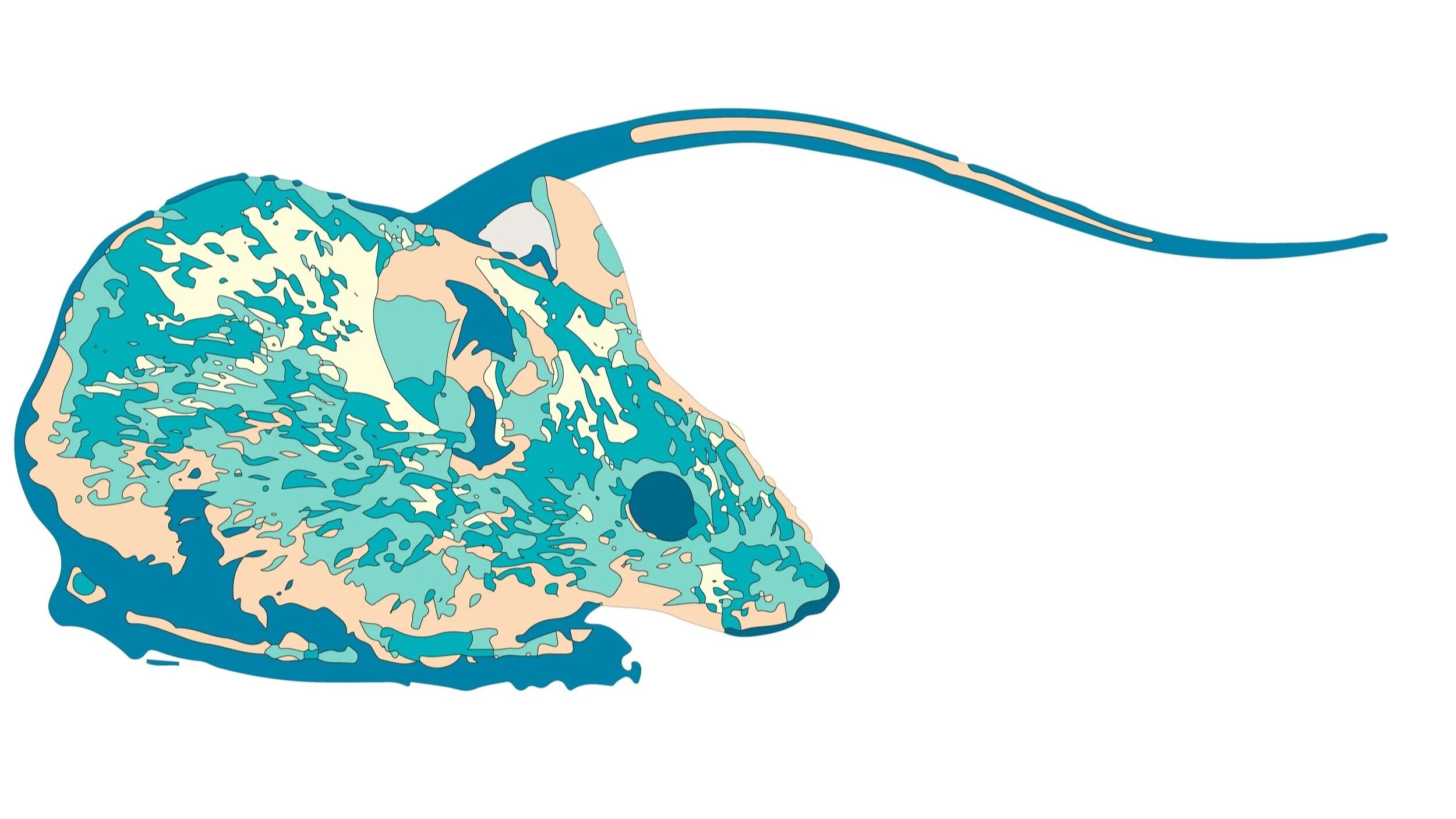Overview
We are interested in gametogenesis, the process by which germ cells undergo meiosis and differentiate to generate gametes. We also strive to understand how defects in gametogenesis lead to infertility, miscarriage and birth defects. To this end, we use genetic, molecular and genomic approaches in mouse to study the regulation of gametogenesis.
The current focus of our research is on understanding two fundamental aspects of mammalian gametogenesis:
Foundational work
During Devanshi’s post-doctoral studies, she undertook a forward-genetics approach to explore mechanisms underlying meiotic processes in mammals. She performed a phenotype-driven chemical mutagenesis screen in mice, employing a combination of cytological and histopathological readouts that either probe specific meiotic events or broadly assay meiotic progression.
This effort generated a rich collection of mutants with dramatic and diverse phenotypes, revealing the genetic regulation of a wide spectrum of cellular processes that are critical for the successful execution of meiosis, from cell cycle control to transposon repression to meiotic chromosome behaviors.
Projects in our lab stem from these discoveries and are aimed towards acquiring a mechanistic understanding of the functions and contributions of the uncovered regulatory networks to gametogenesis.

